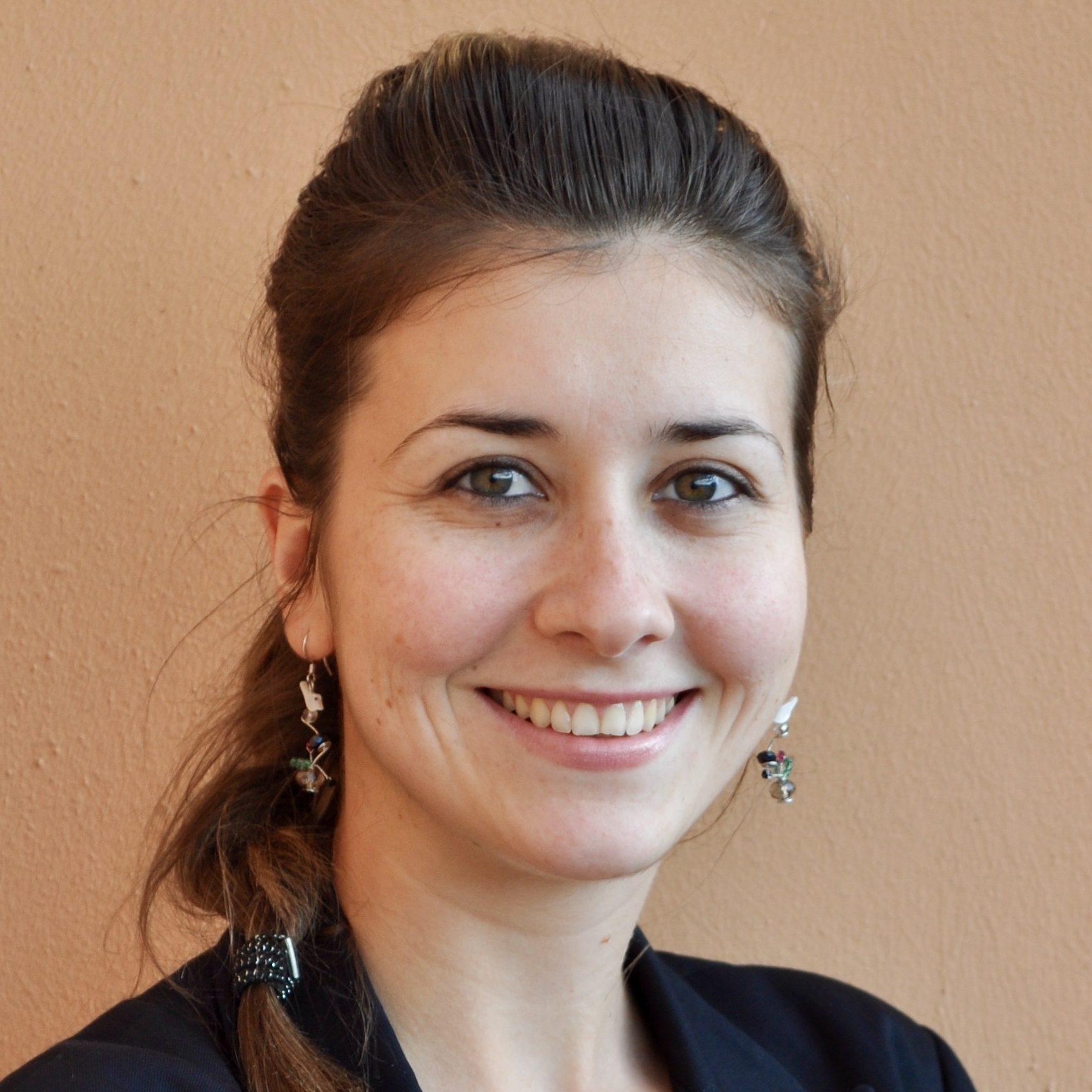Just as the other EU countries, the Visegrad states are endangered by the amplification of manipulated information, and the coronavirus pandemic has only contributed to the problem. Combatting disinformation is a whole society effort that requires action through various channels, Program Manager and Fellow Naďa Kovalčíková explained in an interview with EURACTIV.pl.
Aleksandra Krzysztoszek, EURACTIV.pl: What can be said about disinformation in Europe in the times of the COVID-19 pandemic? Can we observe any specific changes in the nature of this phenomenon? And how do authoritarian countries strive to use the pandemic for making propaganda?
Naďa Kovalčíková: I think the current public health crisis has provided fertile ground for the deployment of manipulated information. The COVID-19 pandemic has been a period full of uncertainty and doubts in society. Such circumstances tend to lead to fostering manipulation of narratives by malign actors who want to exploit this uncertainty.
Russia and China, as well as Iran to certain extent, used the COVID-19 crisis as an opportunity to interfere into democratic discourse and to present themselves as internationally responsible actors, while at the same time undermining democracy’s capacity to tackle the pandemic effectively.
They do it through spreading manipulated information about the origin of the virus, about the capacity of democracies to tackle the pandemic, as well as by fueling tensions between certain countries, partners, allies – even between EU and NATO member states – to further drive a wedge during already quite a challenging period.
Listen to the podcast here.



